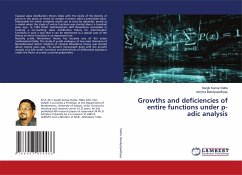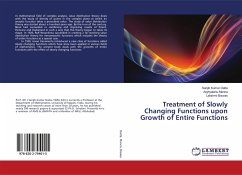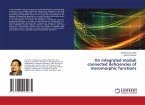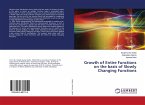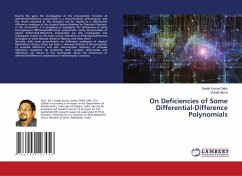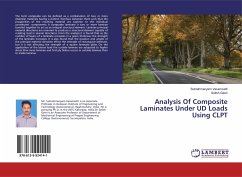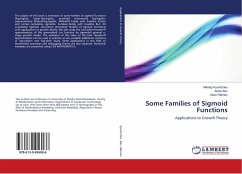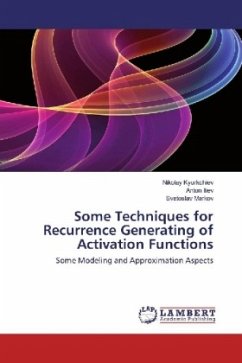Classical value distribution theory deals with the study of the density of points in the plane at which an analytic function takes a prescribed value. Polynomials for which complete results can at once be obtained, served as a model when the study of entire functions was started about a hundred years ago. In 1926 Finish mathematician Rolf Nevanlinna succeeded in creating a far-reaching value distribution theory for meromorphic functions in such a way that it can be mentioned as a special case of the theory of entire functions in an improved form. Recently p-adic Nevanlinna theory has become one of the active mathematical fields. The study of p-adic analogue of two main theorems of Nevanlinnaand defect relations of classical Nevanlinna theory was started about twenty years ago. The present monograph deals with the growth analysis of p-adic entire functions and deficiencies of differential equations under the flavor of p-adic co-prime polynomials.
Bitte wählen Sie Ihr Anliegen aus.
Rechnungen
Retourenschein anfordern
Bestellstatus
Storno

